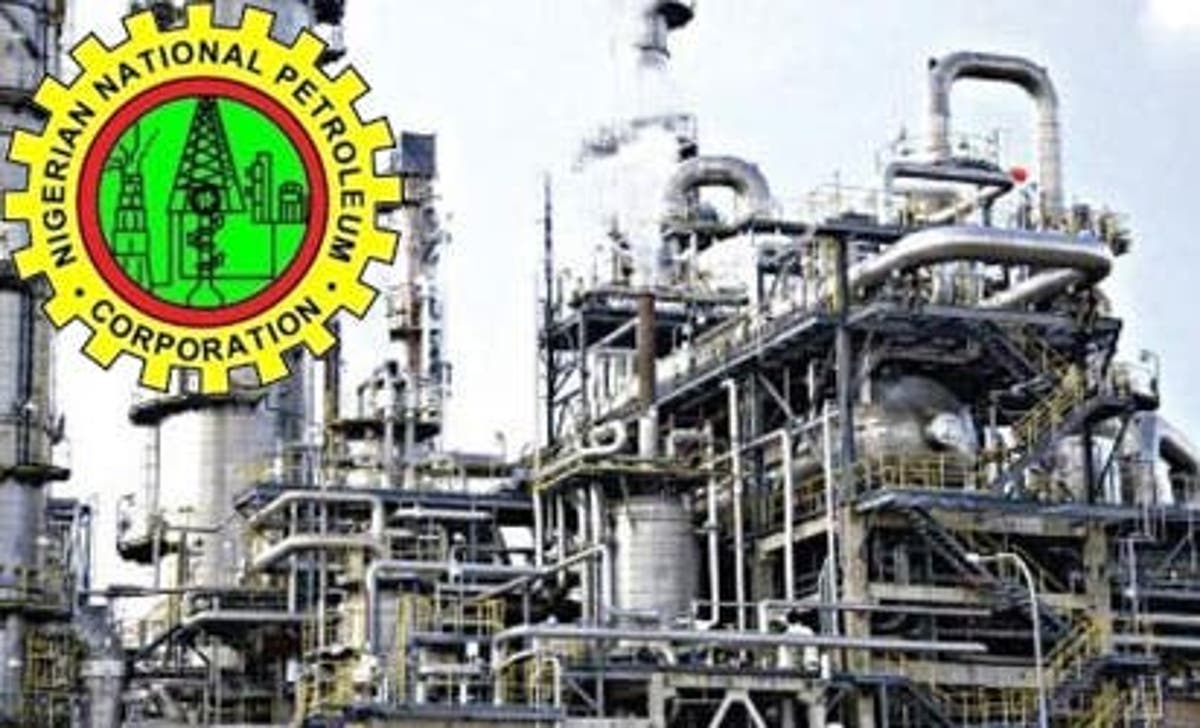Nigeria’s plan to repair refineries unlikely to materialize, says IEA

By Abdulrahman Abdullahi
The Paris-based organisation has noted that Nigeria and other African refiners had missed out in the past decade’s oil demand growth.
The plan to rehabilitate government-owned refineries in Nigeria are unlikely to materialise, the International Energy Agency has said in a new report.
It said Africa, the world’s second-most populous continent, had become a major oil product import market, especially the sub-Saharan region.
The IEA said, “The start-up of the 650 kb/d refinery in Lekki, Nigeria, expected in the next three years, will mark a turning point in the continent’s refining fortunes.
“At the same time, the plans to repair and re-launch the country’s three existing refineries that have not been operating in the recent years, are unlikely to materialise.”
Nigeria, Africa’s biggest oil producer, currently relies solely on imports to meet its petroleum products needs as its refineries have remained in a state of disrepair for many years despite several reported repairs. The plants have been shut down for more than a year for rehabilitation.
The Federal Executive Council had on Wednesday approved the plan by the Ministry of Petroleum Resources to rehabilitate the Port Harcourt Refinery with $1.5bn.
Dangote Industries Limited is building a 650,000-barrels-per-day refinery in Lagos which has been described as the world’s largest single-train refinery.
“With new capacity coming online in the Atlantic Basin, notably in Mexico and Nigeria, European refiners will find themselves in an increasingly competitive market,” the IEA said.
According to the agency, smaller refineries might be better suited for Africa, where investors and operators are constrained in terms of cash flows and working capital.
It said, “In addition to this, per capita consumption remains at very low levels, and underdeveloped road and storage infrastructure complicates product distribution over a larger area.
“There has been a flurry of small African refining projects just as shutdown announcements of European and American refining assets started rolling in.”
The IEA said it had pushed back Uganda’s first refinery start-up date due to a setback in crude production plans.
“A 100,000 b/d new refinery is expected to come on line in Algeria, while Egypt is upgrading its secondary capacity. South Africa may see refinery shutdowns due to aging assets and worsening refinery economics,” it said.
The agency forecast that imports of petroleum products by Nigeria and other West African countries would drop by the year 2026.
It said, “In the Atlantic Basin, product markets undergo noticeable changes, with European refined product imports forecast to increase due to lower refining activity while product imports into West Africa and Latin America decline.
“Africa finally loses the title of the largest product importing continent to a group of four Asian economies located at or south of the Equator: Singapore, Indonesia, Australia and New Zealand see their combined refined product imports surge from 1.6 mb/d in 2019 to 2.4 mb/d in 2026, well past any other region.”
